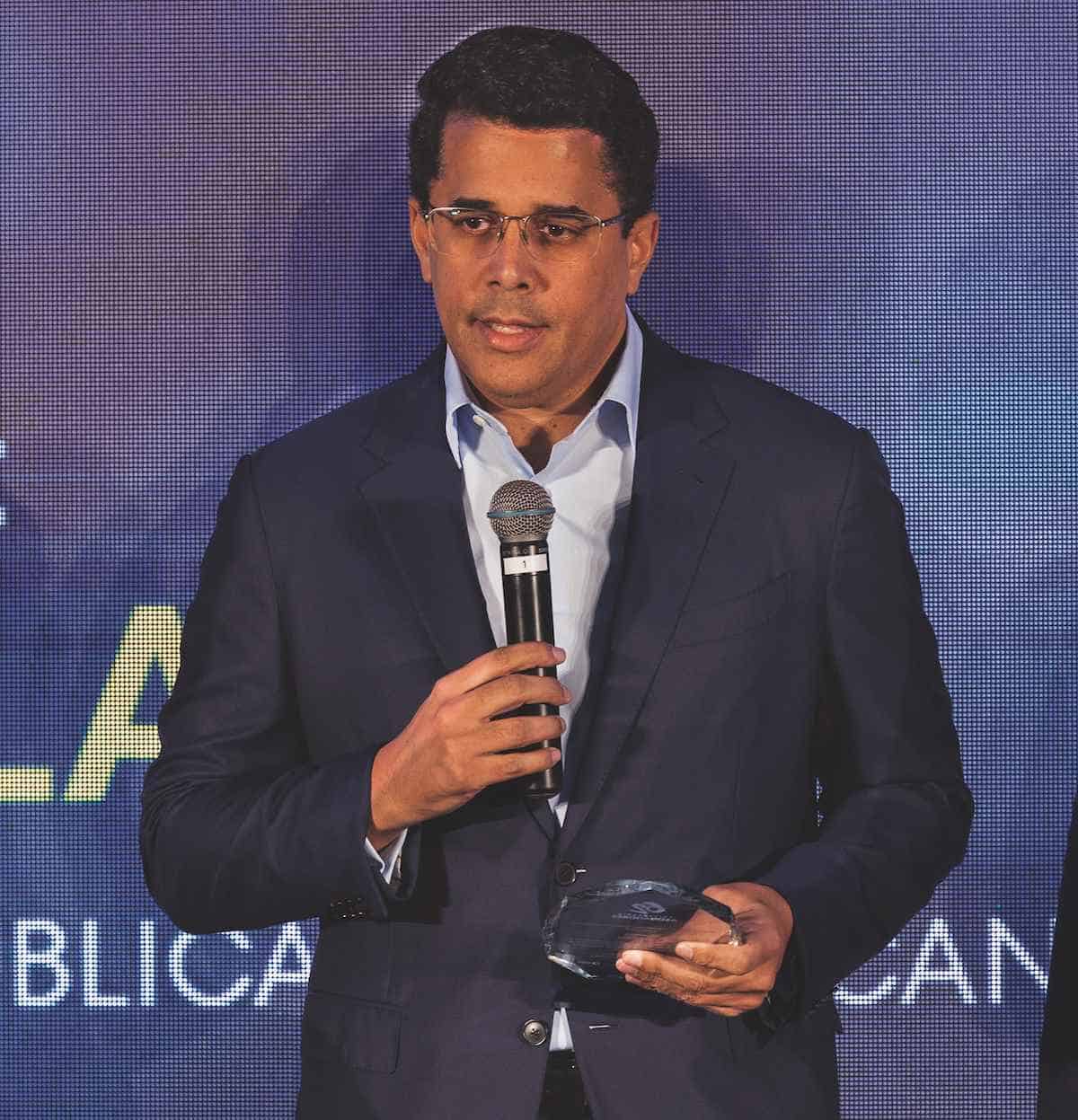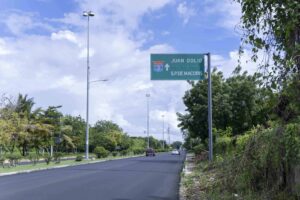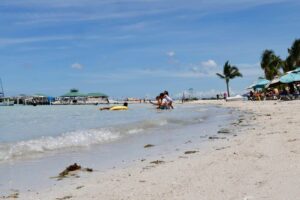
Several of the greats businessmen of the industry tourism in the Dominican Republic defended the need to maintain the incentives to its sector, contemplated in the Law for the Promotion of Tourism Development (158-01), so that the country can remain competitive compared to other destinations that apply the same strategy.
In celebration of the 62 years old of the Association of Hotels and Tourism (Asonahores), favored the modification of this rule to eliminate vices and tax platforms that, as Airbnboperate without paying taxes.
Frank Rainieriwho is the founder of the Puntacana Group and was president of Asonahoresconsidered that the situation of the sector is the same as that of the free zones, whose investors They would go to other countries if they were taken away. facilities prosecutors.

“I am a believer that this is not a law of incentives; is what allows us compete on the international market, because we only sell a small part of it to the national market,” he explained.
For him, eliminating those incentives It would be like shooting the country in the foot.
“Has the law been abused? Yes, it is true. So, whoever abused it, punish him. But that does not mean that we should simply erase a law that allows us to compete with the rest of the world and, in particular, with our neighbors,” Rainieri reflected.
He assured that in the Caribbean region there are more countries trying to develop the tourism who are watching the model of the law of competitiveness Dominican to make their own.
Rafael (Papo) Blanco, executive vice president of Viva Resorts By Wyndham, said that in the country there is a distortion in the application of the value added tax (VAT), whose name was changed to the Tax on Transfers of Industrialized Goods and Services (ITBIS).
He explained that the VAT It was created in Europe, where the industry gastronomic and hotelier only pay half.
In turn, Luis López, executive president of Amsha Marina Hotels & Resorts, said that maintaining the incentives It is essential for them to come investors foreigners, so it should be strengthened and sincere.
US$917
These are the millions that platforms like Airbnb generate each year, without tax burden
Airbnb win without tax burdens
Papo Blanco also agreed to modify Law 158-01 to tax digital platforms.
He estimated that the State would obtain between US$200 and US$300 million annually from this.
This calculation part of the US$917 million generated by the accommodations private tourism, according to figures presented by Nassim Alemany, managing partner of Xolver.
As of June this year, there were 50,967 active properties offering lodging in Airbnb in the Dominican Republic.
“By paying only 18%, plus the tax declaration of those US$1,000 million, the Dominican State could collect 200 or 300 million dollars. That alone is a tax reform in itself,” emphasized the former president of Asonahores.
A journey through the tourism
Nassim Alemany stood out in his presentation, entitled “A journey through the tourism“, that the Dominican Republic leads the recovery world of tourismalthough it still does not exceed the levels of occupation hotelier pre-pandemic (66% in 2019, compared to 64% in May 2024). tourism contributes 7% of the Gross Domestic Product (GDP), generates US$140 million of income direct to the State and spills over US$3 billion in purchases from other sectors of the economy. Indirectly, it generates US$761 million, totaling some US$901 million. Three out of every 10 dollars that enters in foreign currency come from that sector.
Some variables have worsened, such as the stay average, which went from 10 days in 1993 to 9 days in 2023, and the spent average visitor spending, which fell from US$1,886 in 1993 to US$1,229 in 2023.
Those numbers come from reports of the central bank.

santo domingo. The three main banks in the country recognized the work of David Collado as Minister of Tourism in the country, above all, for the goals achieved in the sector. Within the framework of the celebration of the 62nd anniversary of the Association of Hotels and Tourism of the Dominican Republic (Asonahores), the Popular Bank, BHD and the Banco de Reservas recognized Collado’s work for his dedication and commitment, managing to impact the gross domestic product (GDP) of the economy by more than 15%. “For his dedication and commitment in his management of the Ministry of Tourism of the Dominican Republic,” says the plaque of recognition given by representatives of the banking sector to the official. “I humbly accept this recognition and extend it to the members of the Tourism cabinet, because the achievements and success are for everyone,” said Collado. Goals achieved Among the achievements, the minister recalled the arrival of 10 million visitors. In addition, he celebrated the role of the bank, which has specialized products for the sector. He recalled the goal of attracting 11,500 visitors to the country this year.



